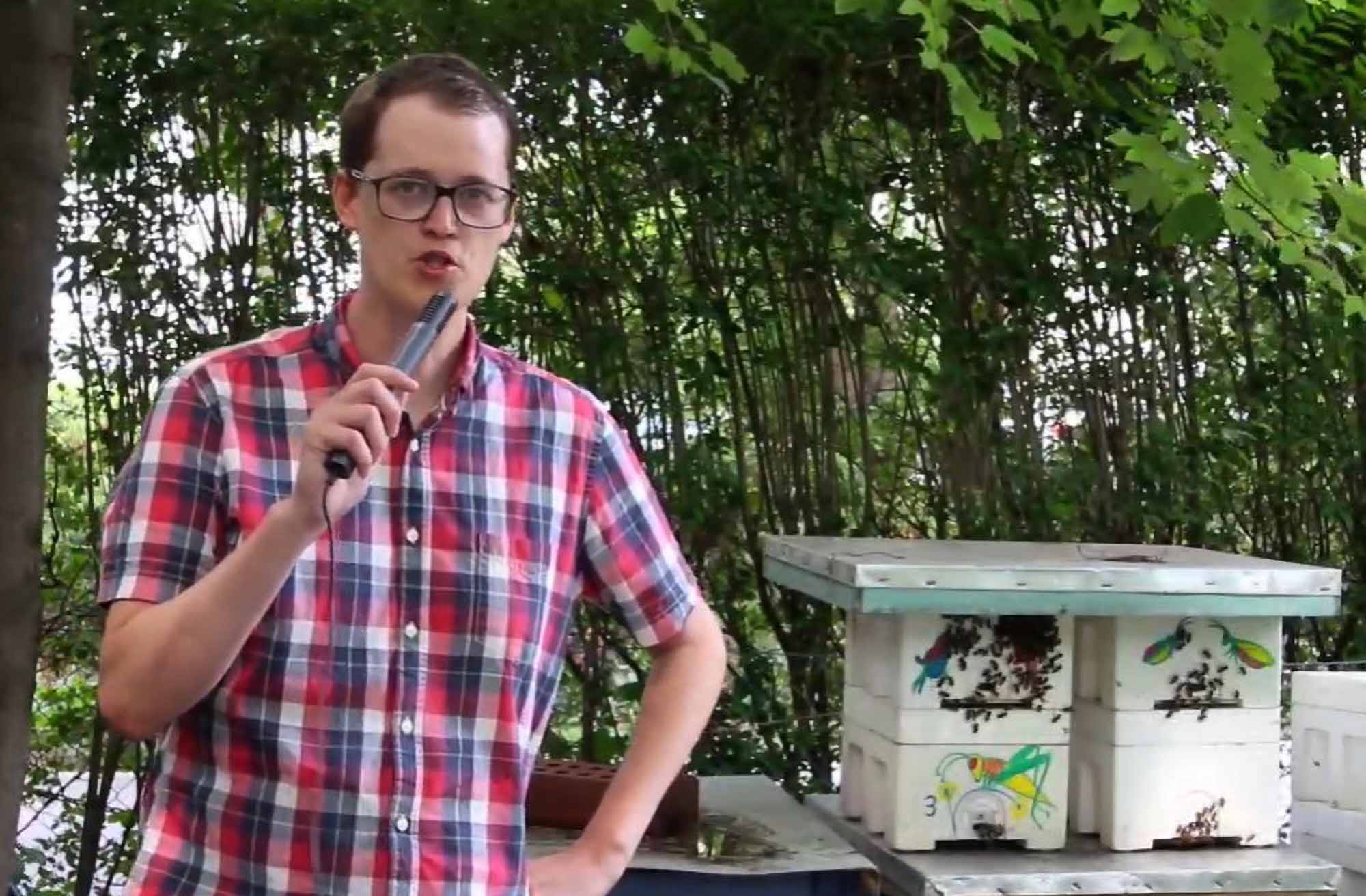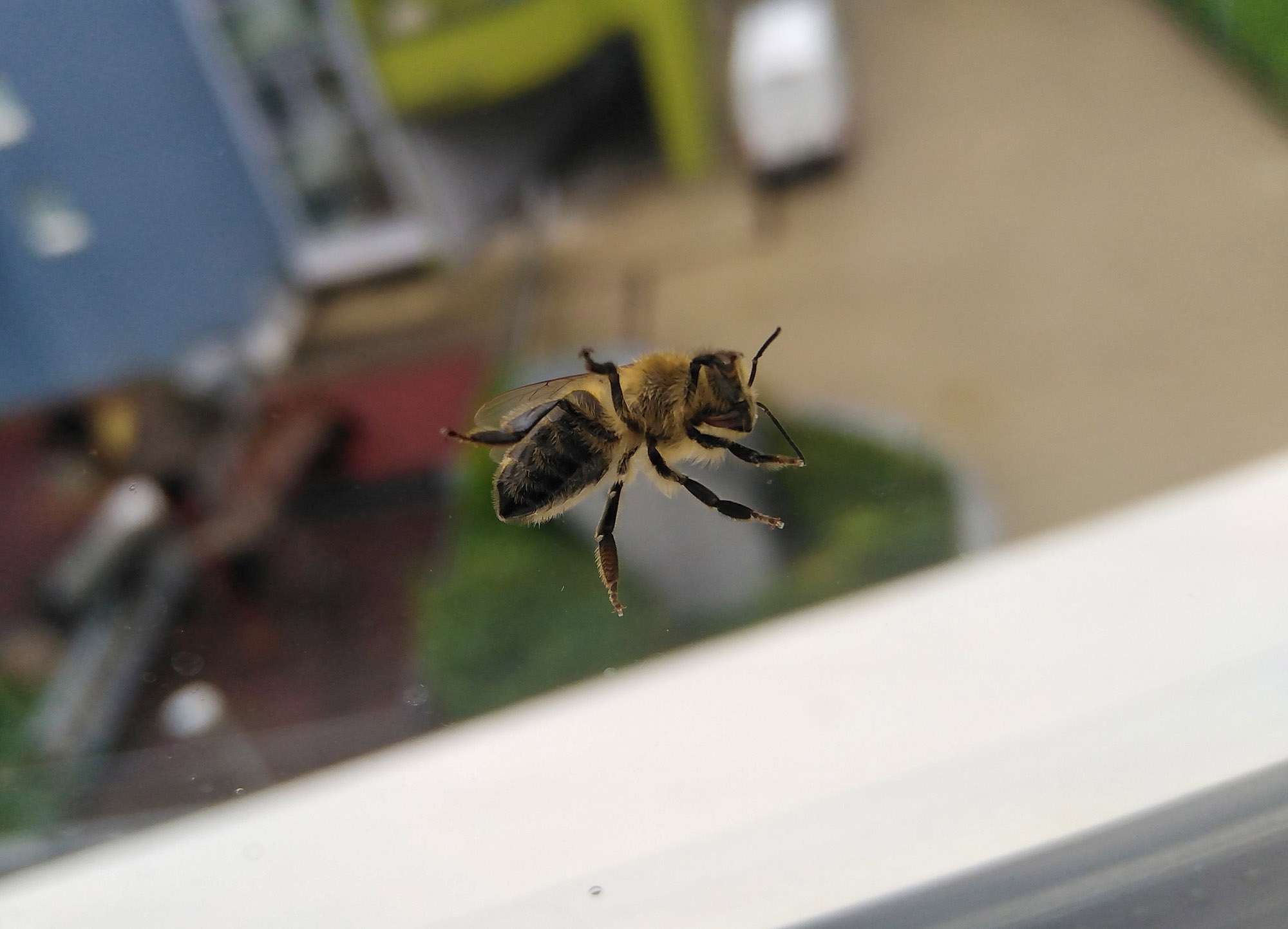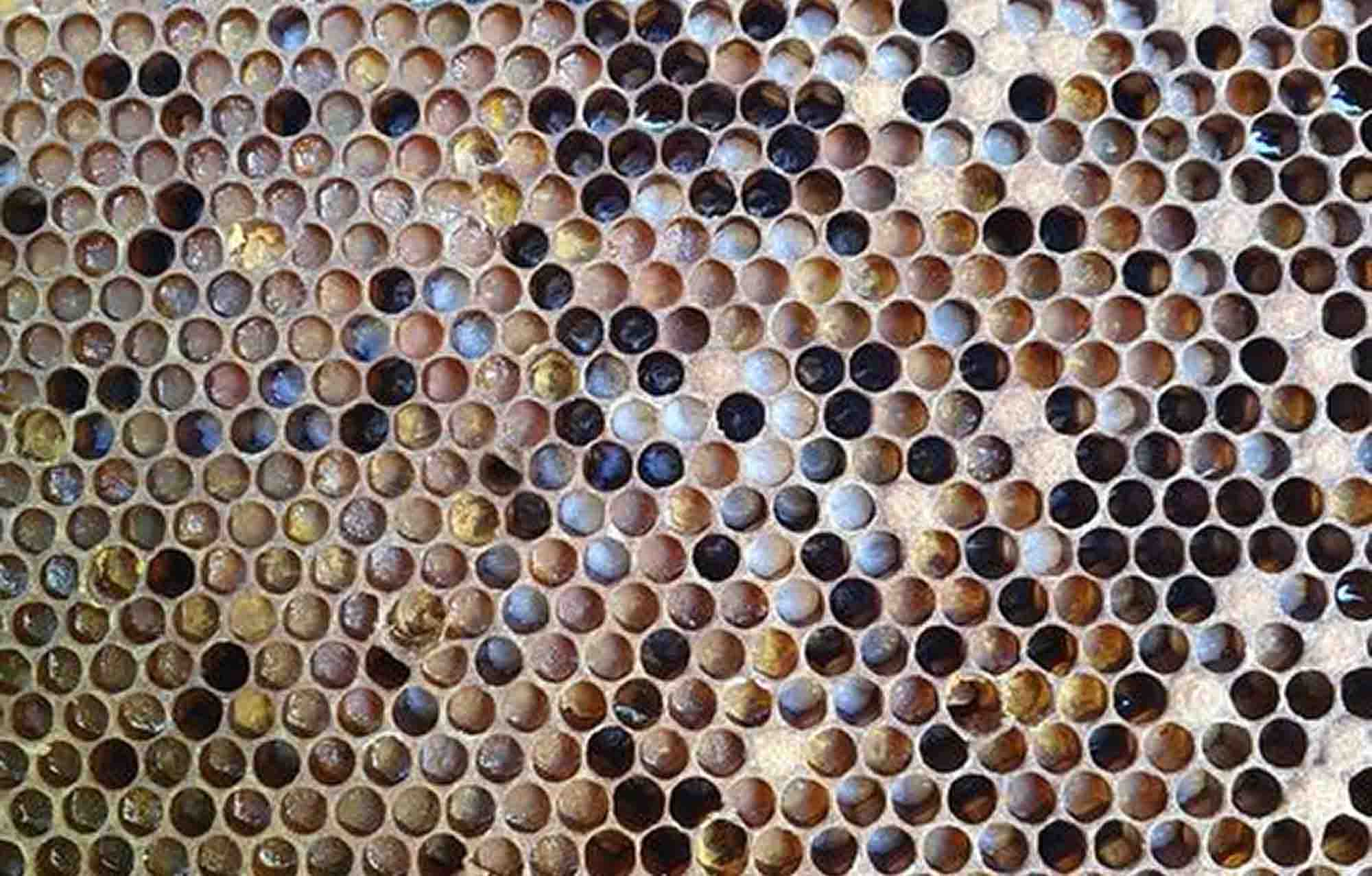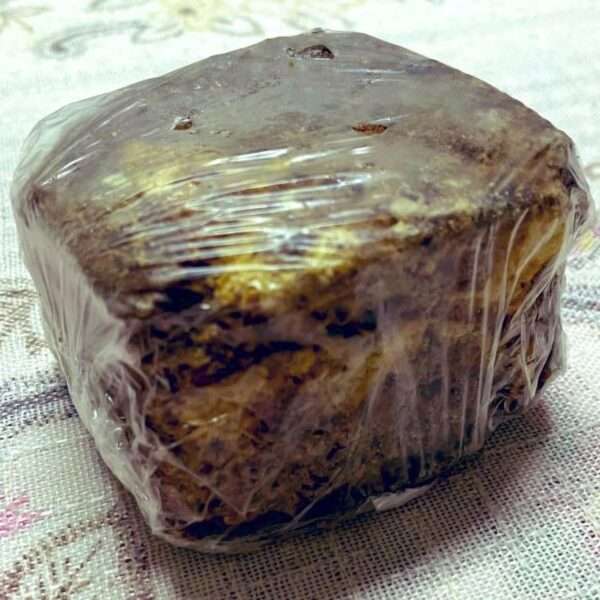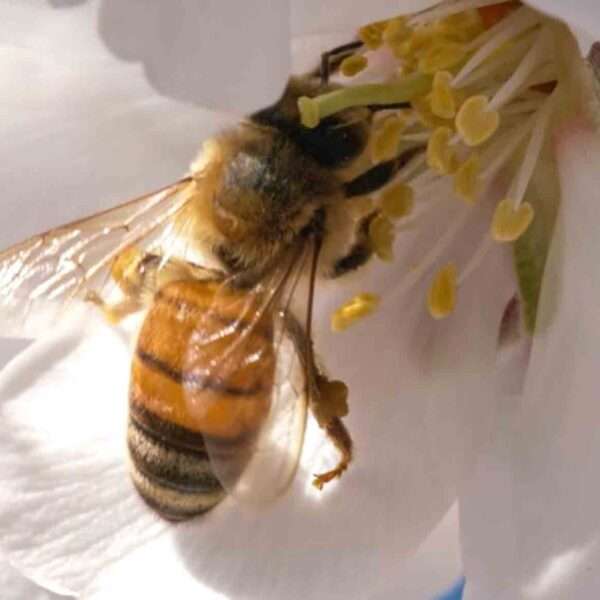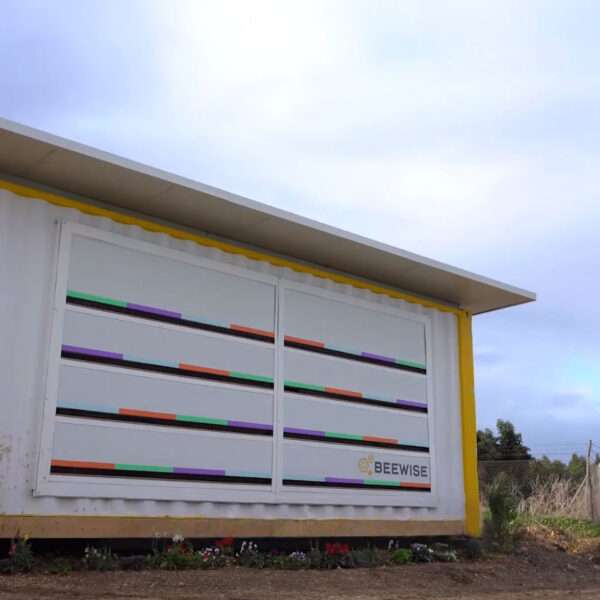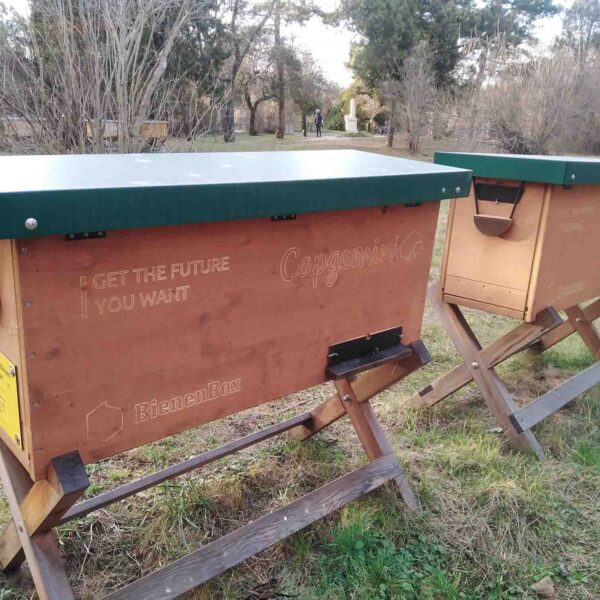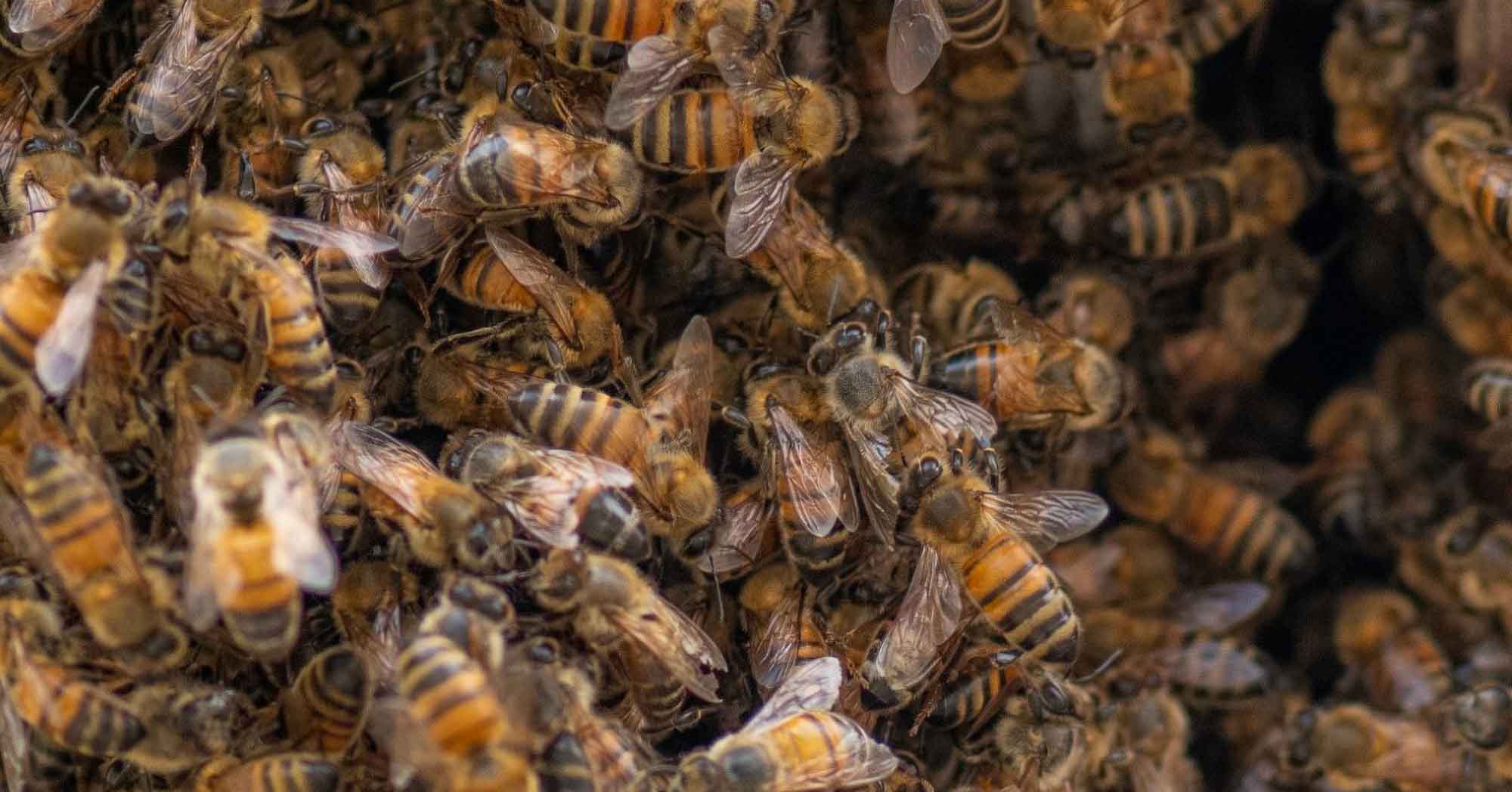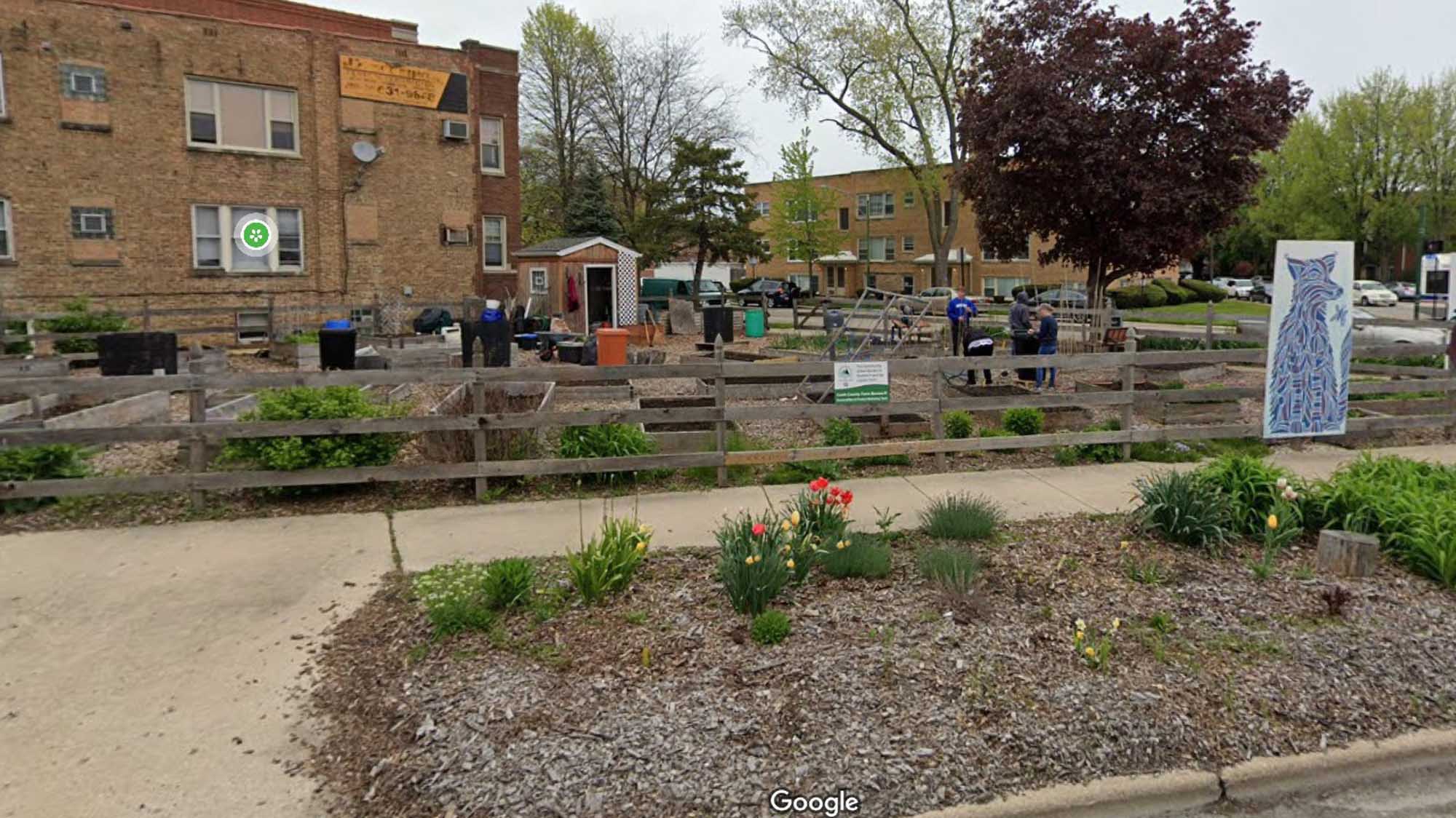Ignoring Varroa infestations leads to the certain death of a bee colony, a scientist has warned.
Dr Robert Brodschneider from the Institute of Biology at Graz University explained that the Deformed Wing Virus (DWV) was not the only disease spread by the parasite which has spread across the world after having attacked Asian honeybee colonies in the early 20th century.
Speaking about DWV, Dr Brodschneider warned: “When beekeepers discover these deformations, the colony is already dying. But there are other, less bad effects too.”
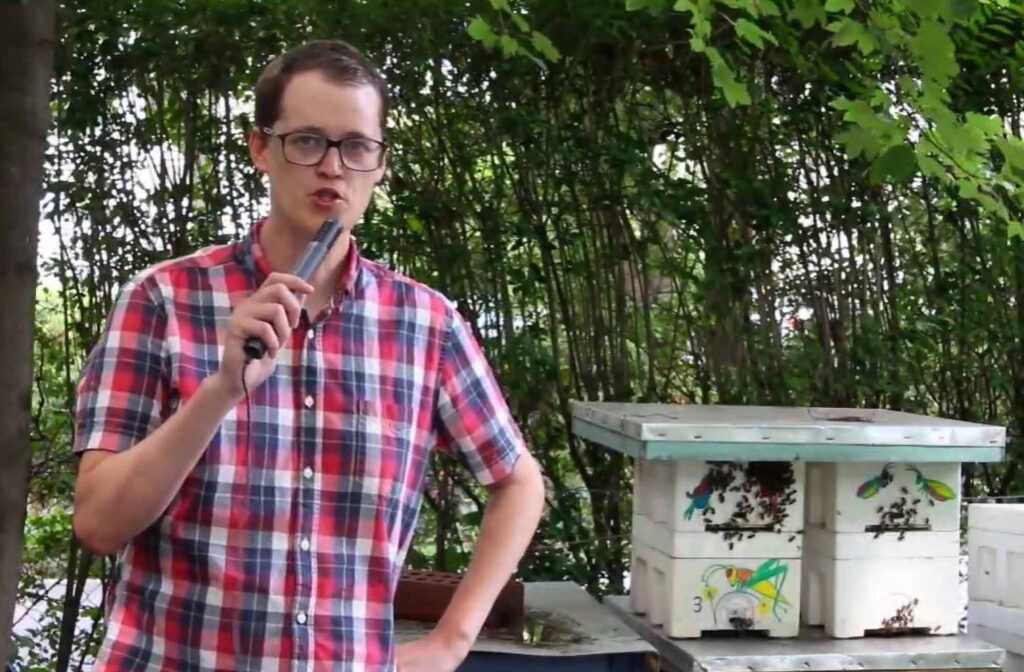
The biologist, whose research focuses on the monitoring of honeybee colony losses, told Austrian broadcaster Ö1: “Some colony members may die earlier or lose their way while foraging.”
Dr Brodschneider concluded: “Untreated Varroa infestations will result in the certain death of the colony after two or three years.”
Max Meinherz, a bee inspector in the Swiss Canton of Sankt Gallen, recently claimed it would be impossible to completely eradicate the parasite. Max argued keeping the impact of infestations low would be the better strategy.
Max explained: “The varroa mite is an invasive species which has the potential to cause immense harm to colonies. It can substantially weaken them.”
Dr Brodschneider told Ö1: “The Varroa mite is an ectoparasite.”
This term describes species that lives externally on another animal.
The Graz University researcher added: “It derives from Southeast Asia but settled here. Meanwhile, it has spread across the world.
“Varroa mites cannot exist without bee colonies. They need the brood to reproduce.”
In 2021, there were more than 33,300 beekeepers in Austria. Only one per cent of them are full-time professional apiarists who make a living by selling honey and other products such as beeswax and propolis.
Austria’s beekeepers were in charge of 456,000 colonies in 2021, according to Agriculture Minister Norbert Totschnig of the conservative People’s Party (ÖVP).
The minister announced: “The number of colonies managed by each beekeeper increased from 11.75 to 13.7.”
One colony of domesticated honeybees consists of 30,000 to 60,000 bees, according to the Canadian Honey Council.
Beekeeper Franz Kogler from the small town of Obgrün in the Austrian state of Styria, revealed: “Between 350 and 400 bees toiled their whole life to create one kilogramme (2.2 lbs) of honey.”
Austria’s beekeepers are incapable of meeting the high domestic demand for honey. The European Union imports substantial amounts of honey from countries such as China, Mexico and Argentina.
Concerned about an alleged mixing of honey with sugar syrup, Austrian apiarists have urged the authorities many times to establish stricter product labelling regulations.

